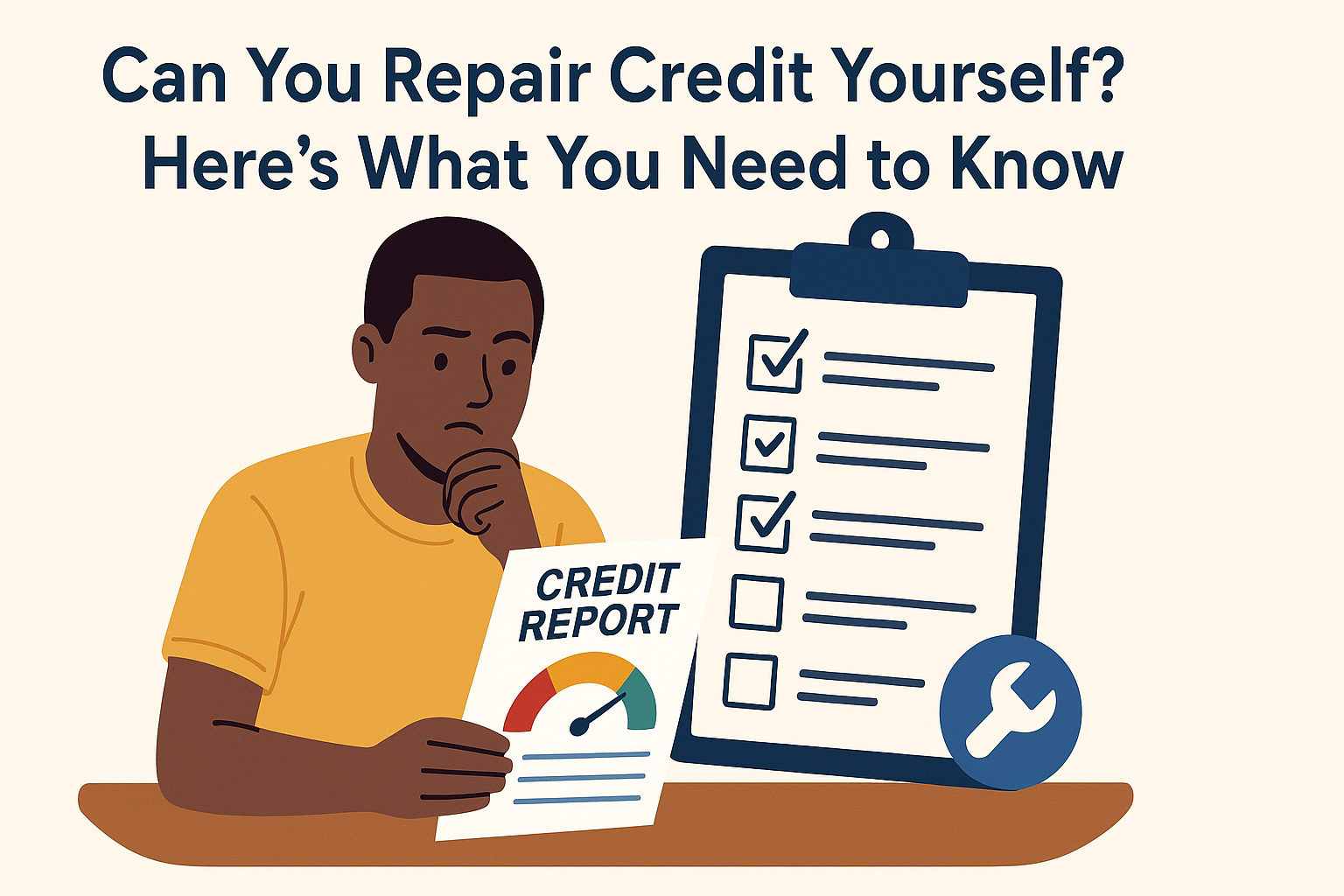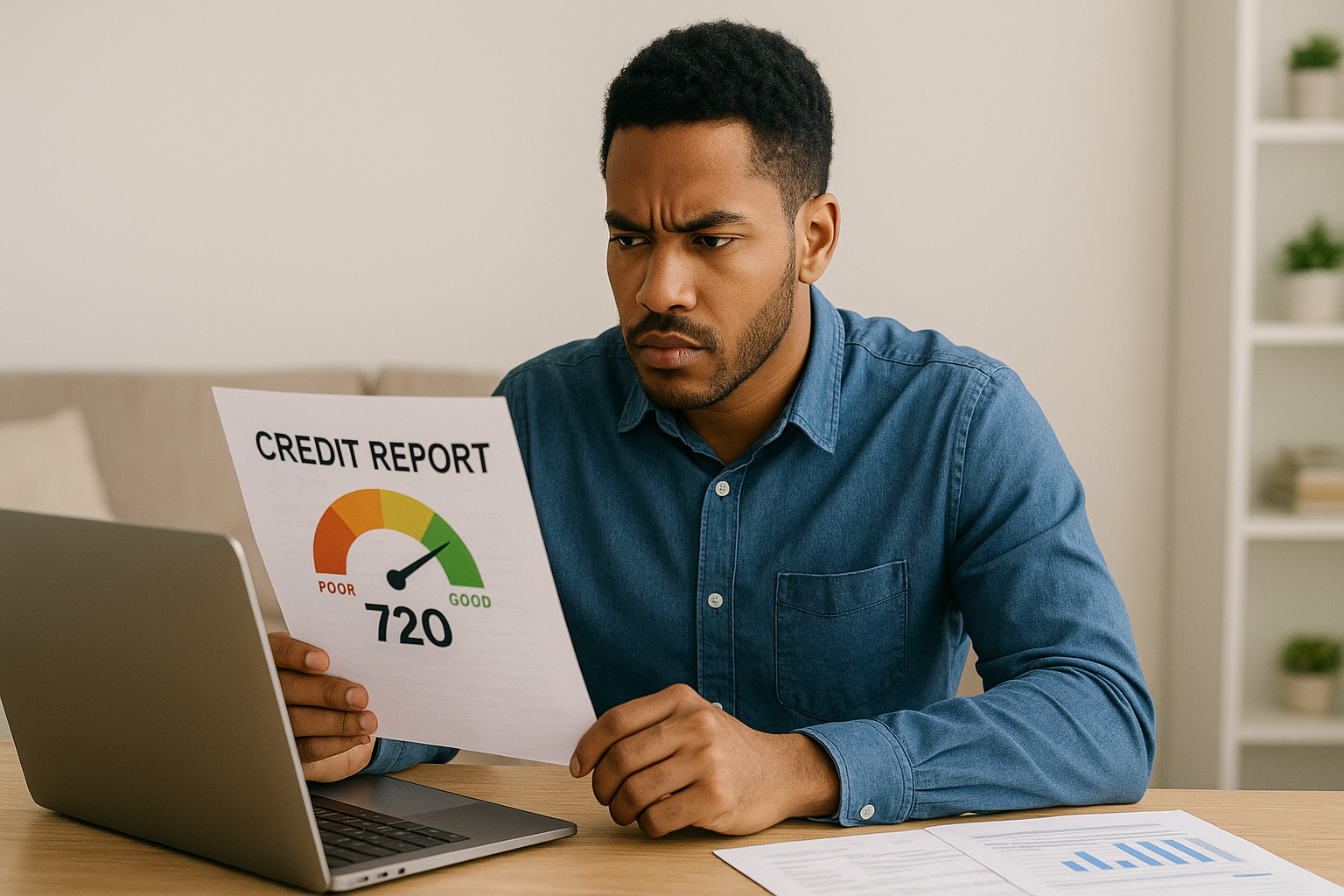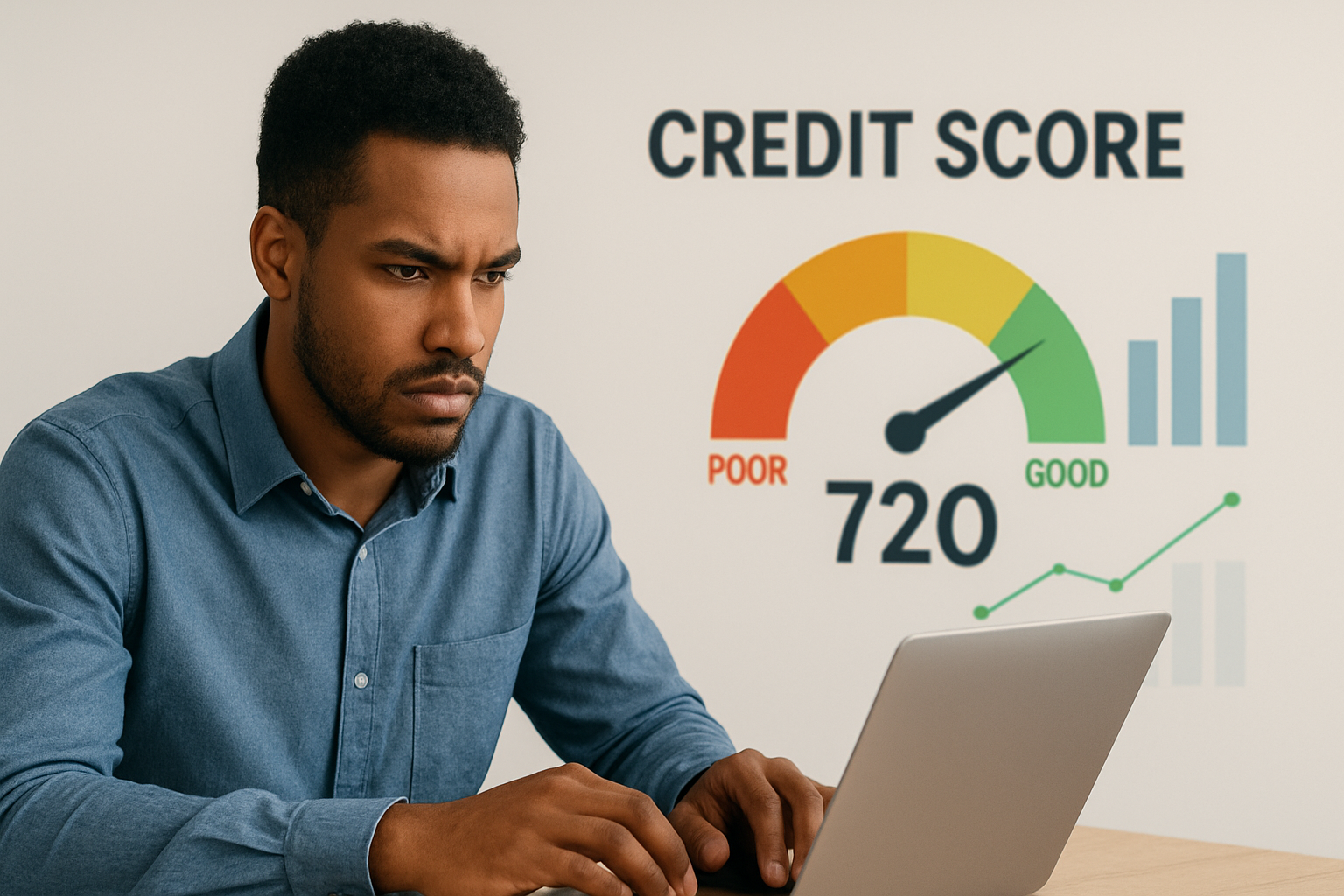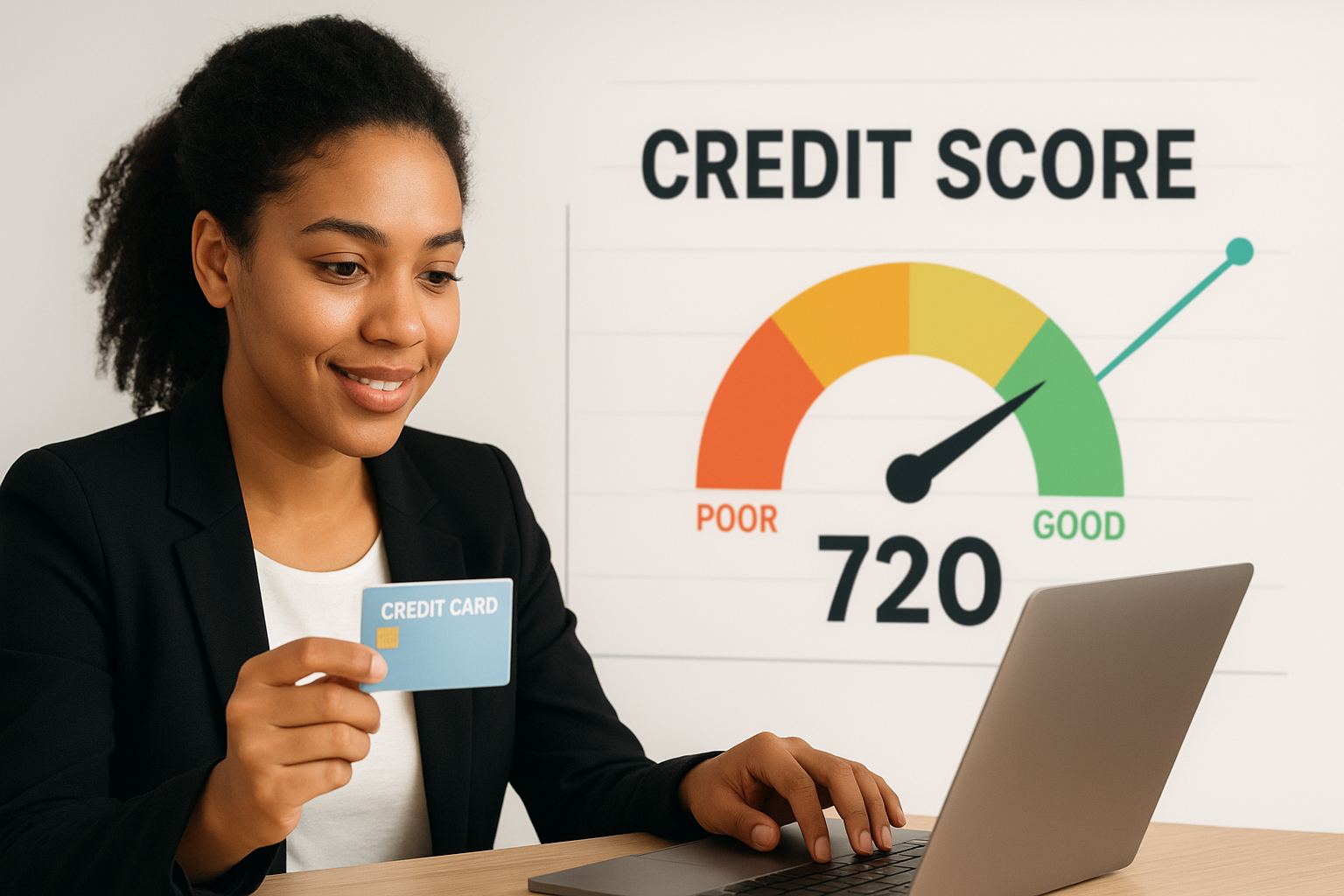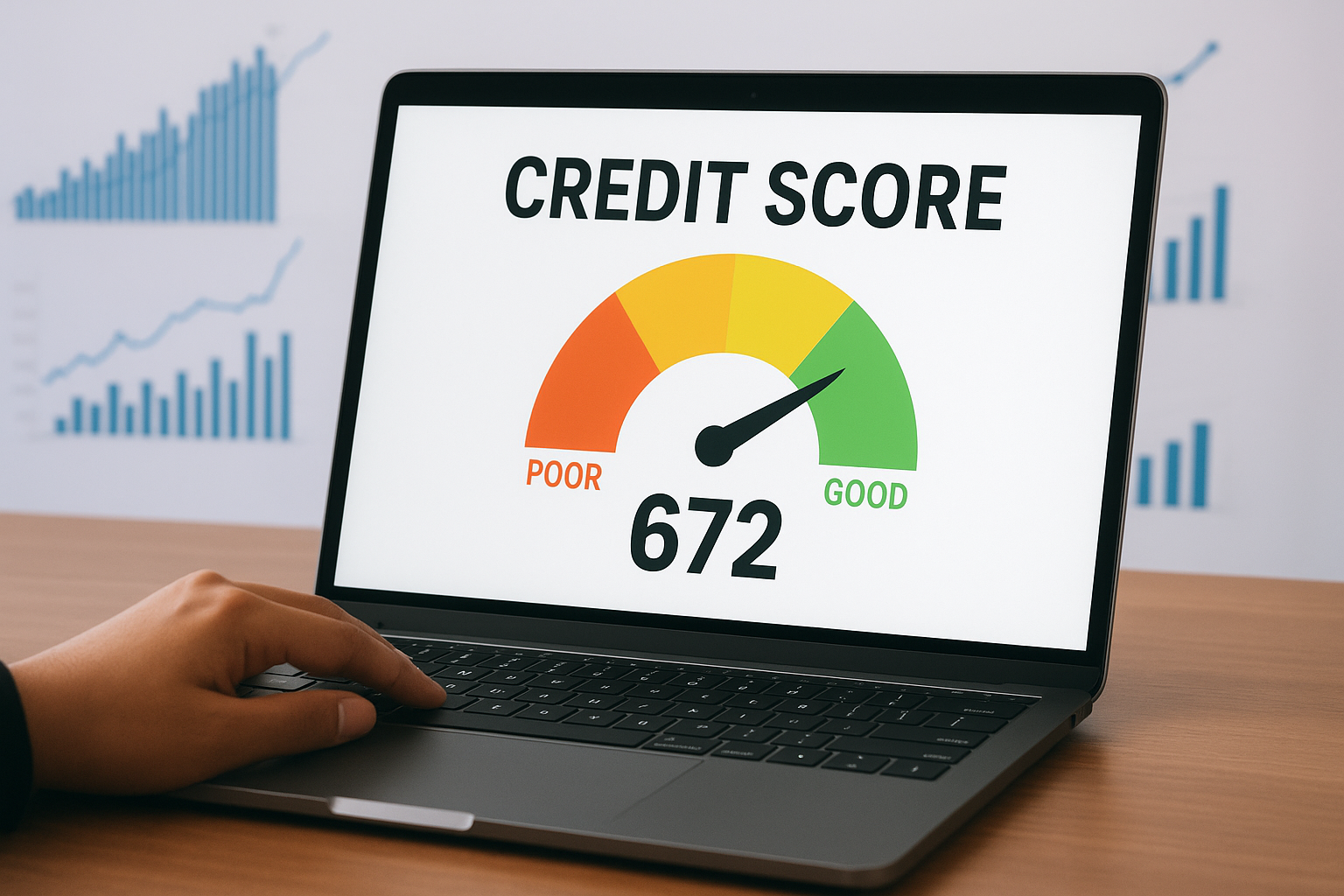Can You Repair Credit Yourself? Here’s What You Need to Know
The Truth: You Can Repair Your Credit Yourself
If your credit score has taken a hit, you might be tempted to hire a credit repair company to clean it up. But here’s the good news:
You don’t need to pay someone else to fix your credit.
Everything they can do—you can do too, legally and for free.
So yes, you can repair credit yourself—and we’ll show you exactly how to do it step-by-step
Why People Think They Need Help
Credit reports can feel complicated. There’s a lot of fine print, multiple credit bureaus, and confusing language like “charge-offs” and “utilization ratio.” That’s why credit repair companies often market themselves as experts who will “handle it all.”
But what they don’t tell you is
They use the same dispute process you have access to
You have legal rights under the Fair Credit Reporting Act (FCRA)
You can improve your score without paying a dime
Let’s break it down.
Step-by-Step: How to Repair Your Credit Yourself
1. Get Your Free Credit Reports
Start by reviewing your credit reports from all three major bureaus—Experian, Equifax, and TransUnion.
Go to AnnualCreditReport.com
As of 2025, reports are still available weekly for free.
2. Look for Errors
Scan your reports for common mistakes, such as:
-
Accounts that don’t belong to you
-
Incorrect payment status
-
Duplicate accounts
-
Wrong personal information
Even one small error can drag down your score.
3. Dispute Inaccurate Information
You can dispute any inaccurate items online, by phone, or by mail—for free.
Each credit bureau has an online dispute portal.
-
Experian: experian.com/disputes
-
TransUnion: transunion.com/credit-disputes
Bureaus must respond to your dispute within 30 days.
4. Pay Down Credit Card Balances
Your credit utilization ratio (how much you owe compared to your limit) makes up 30% of your FICO score.
Pro Tip: Try to keep utilization under 30%—under 10% if you want a faster boost.
5. Make On-Time Payments Moving Forward
Your payment history is the single biggest factor in your score (35%). Set up automatic payments or reminders to avoid missing a due date.
6. Build New Positive Credit
If you have a thin credit history or past issues, consider:
-
A secured credit card
-
A credit-builder loan
-
Becoming an authorized user on someone else’s account
7. Be Patient and Consistent
Most credit improvements happen over time. You might see changes in as little as 30 to 60 days, but full recovery could take 6–12 months or longer depending on your situation.
What to Avoid: Credit Repair Scams
Not all credit repair services are bad, but some are shady. Watch out for red flags:
-
“We can erase your bad credit overnight!”
-
Demanding payment before services
-
Asking you to lie or create a fake identity
You have rights under the Credit Repair Organizations Act (CROA) that protect you from scams. If it sounds too good to be true, it probably is.
Final Takeaway: You’ve Got This
Repairing your credit yourself is 100% doable. It might take time and discipline, but the tools and knowledge are available to you—for free.
So skip the fees and shady promises.
Take charge of your credit the smart (and legal) way.
